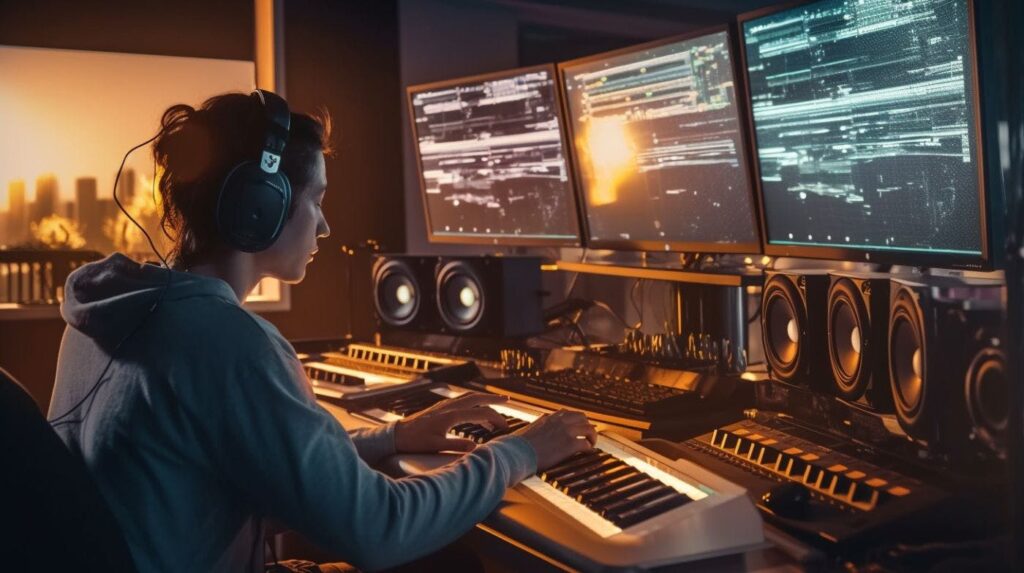
What once began as simple 8-bit bleeps in the early days of gaming has evolved into full orchestral compositions and chart-topping soundtracks. Today, video game music doesn’t just enhance gameplay—it’s influencing mainstream music production in subtle but powerful ways. From atmospheric synths in indie games to the sweeping scores of titles like The Last of Us or Elden Ring, producers are borrowing ideas and sonic textures from gaming to create modern, emotionally resonant tracks.
Game soundtracks are uniquely designed to adapt dynamically to player actions, creating a layered and immersive experience. This innovation has inspired musicians and producers to explore more adaptive, evolving compositions in their own work. Notable artists like Grimes, Porter Robinson, and even Hans Zimmer have cited video games as a major source of inspiration. Music production software now includes retro game-inspired plugins and VSTs, and many producers craft entire albums with video game aesthetics in mind.
This cultural crossover isn’t just nostalgic—it’s redefining how we experience and create music. Educational institutions are even beginning to offer courses in game sound design, acknowledging its growing importance. For today’s musicians and producers, understanding the impact of video game music isn’t just an advantage—it’s a creative frontier that’s shaping the future of sound.







